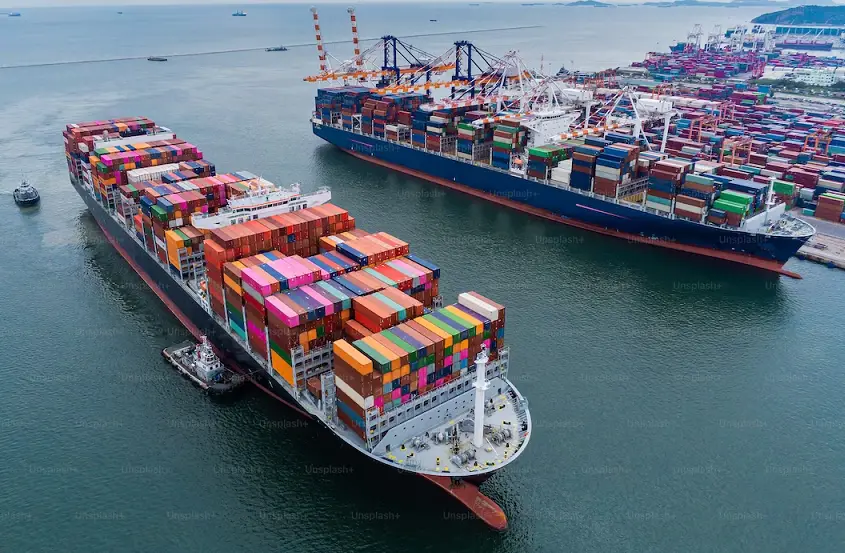The shipping crisis in the Red Sea due to the attacks on shipping vessels by Houthi militants operating out of Yemen is threatening to set off a new wave of inflation by causing global shippers to redirect vessels, increasing the cost of shipping and potentially causing a new wave of price increases for goods.
This week, Swedish furniture giant IKEA announced that it is analyzing its options to make sure it can provide the availability of its products, which mainly are brought to market in the West through the Suez Canal through the Red Sea as they come from factories in Asia.
In an interview with Bloomberg, a spokesperson for Inter IKEA Group said, “The situation in the Suez Canal will result in delays and may cause availability constraints for certain Ikea products.”
At the same time, in an email to suppliers, Abercrombie and Fitch revealed that it will be switching its shipping from sea freight to air transport wherever possible so as to avoid shipping disruptions.
Earlier in the week, Danish shipping giant Maersk reduced the effective shipping capacity of a shipping trip from Asia to Europe by 25% when it announced it was rerouting all vessels around the southern tip of Africa as a result of the heightened risk of attacks. It has since announced it will return to the Red Sea route, however it is not clear when it will begin doing so. Hapag-Lloyd, the German shipping company followed the lead of Maersk, also rerouting its ships away from the Red Sea. Shipping capacity is lowered, and costs increase once the decision is made to divert ships around the southern tip of Africa, as it increases the length of the journey by two and a half weeks.
Handling roughly 15% of the world’s shipping activity, and almost 30% of global container traffic, the Suez Canal is a vital transport artery. As the Houthis have launched their recent attacks in support of the Palestinians in the Israel-Hamas conflict in the Gaza Strip, the shipping crisis which it has produced is being likened to an incident in 2021, when one of the largest classes of container ships became wedged in the canal, blocking all traffic through it for six days, costing global trade $9.6 billion per day.

